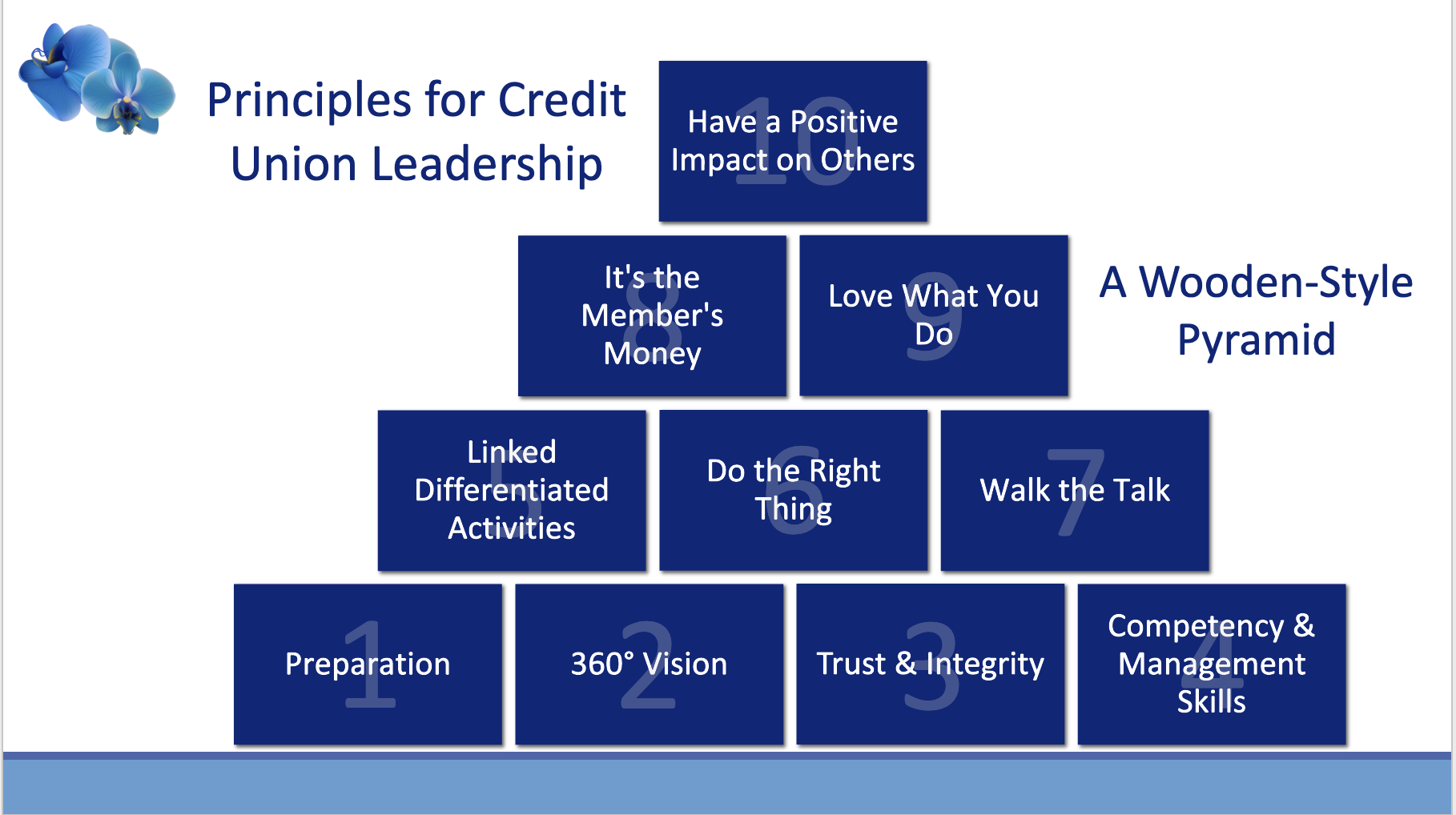I recently received the best return ever on an investment: $250 in value for each $1 sent.
Late last year I read about a 501 C3 nonprofit (RPI Medical Debt) that bought unpayable medical debt using donations and then retiring all the acquired debt for consumers. Several news articles gave details about churches and local governments using this method to help members of their communities.
A December 20, 2022 New York Times’ article Erasing Medical Debt described how the program had extended to major cities such as Chicago and Pittsburgh. The story stated that 18% of Americans have medical debt turned over to a collection agency.
I decided to test the RPI Medical Debt’s concept. Was the payoff “leverage” as great as claimed? The 100 to 1 debt abolishment standard sounded too good to be true.
I also wanted to learn how targeted the program could be as a potential initiative for credit unions. Credit unions are significant originators of consumer debt. They know how past due delinquencies on a credit report can undermine anyone’s financial options.
Contacting RPI Medical Debt, I asked to purchase and cancel all debt from Jasper County IN, whose county seat is Rensselaer. Our family lived there for over five years while I was in high school. The town is primarily a farming community, neither wealthy nor poor, but one where the population today is the same as when we were there 60 years earlier.
The Debt Fulfillment Report
Based on my pledge commitment, RPI retired all the available outstanding delinquent medical debt for 423 residents of Jasper Country totaling $264,878. They had no more access to debt available in the country right then, although more debt certainly exists.
However, with the funds remaining the non-;profit acquired debt from at least one resident in every Indiana county. The total consumers helped were 2,291 with over $2.532 millions of their debt erased.
RPI had acquired the debt for less than a penny on the dollar. The total accounts closed (not individuals served) was 4,396. Of these 9.3% (409) were bought directly from hospitals. The balance was from the secondary debt market.
Much of the debt (86%) was 5 to 10 years old– specifically 1,812 accounts with balances of $1.9 million. Only 1.8% of the debt was less than five years; 1.2% of the debt had originated over 20 or more years earlier.
The average debt extinguished had a face value of $846. For me, an overwhelming proof of concept! A financial “loaves and fishes” story.
The Consumer ‘s Experience
Consumers cannot apply to RPI for relief. Rather the non-profit seeks to buy debt in the open market on behalf of funders who donate or make pledges to support their goal of abolishing medical debt for individuals and families burdened by the payments.
To qualify a “soft credit report” is run to determine each individual’s eligibility for relief. Potential portfolios are prescreened by holders to identify those who qualify for abolishment of debt. A person must earn less than four times the local poverty level (nationally an amount of $111,000 for a family of four) or have debt that exceeds 5% of annual income determined by pulling a soft credit report.
With these qualifications, the debt is excluded from income and not subject to IRS taxation. The transaction is considered an act of charity by donors who support RIP’s mission.
Each consumer is sent a letter announcing the relief. The total debt abolished, number of accounts and creditor are identified.
The “good news” letter says there are no strings attached and encloses a page of FAQs to answer questions. Recipients may, but are not required, to share their story about what this relief means to their circumstances.
The RIP Organization: People helping People
This nonprofit was founded in 2014 with a threefold mission:
- Initiate a high volume of debt relief to reduce financial and mental stress for individuals;
- Offer health care providers a way to strengthen their communities;
- Highlight the problems of medical debt to seek a more affordable and transparent health care system.
Since inception the firm has provided $8.5 billion of debt relief helping 5,493,000 individuals and families.
The Credit Union Opportunity
The immediate possibility is straight forward: strengthen members of their primary communities by offering to retire consumers medical debt. When fulfillment data are known, celebrate the relief impact. Invite consumers to learn more about another people-helping-people organization, the credit union.
Such an effort is a “win” on many levels: for the consumer, the credit union, the community and even medical providers with outstanding debt.
If interested contact RIP Medical Debt and make a pledge for a test project. I would be glad to share my contact and the reports and information I received. My project was completed in under 45 days from initial contact to finish.
Credit Unions Ringside
As vital consumer lenders credit unions are at ringside knowing the debt burdens members carry.
Three days ago a Washington Post article reported the story of a 72year old still struggling to pay off his $5,000 student debt from the 1970’s. This is just one area where a similar approach for relief may be prudent and desirable. An example from the article reported:
Years of administrative failures and poorly designed programs have denied many borrowers an off-ramp from a perpetual cycle of debt.
There are nearly 47,000 people like Hamilton who have been in repayment on their federal student loans for at least 40 years, according to data obtained from the Education Department. . . About 82 percent of them are in default on their loans, meaning they haven’t made a voluntary payment in at least 270 days. . .
The Supreme Court will shortly hear a challenge to the Biden administration’s efforts to forgive up to $20,000 per borrower in federal student loans. The Court many not allow the initiative to proceed.
Why not design a program similar to RIP Medical Debt and approach the Department of Education about purchasing the loans with the intent of extinguishing them?
Credit unions would be helping resolve the financial and mental stress of longstanding student debt for eligible borrowers (to be defined). Even at a penny or two on the dollar, the government would be receiving more versus 100% forgiveness.
The program could be targeted where relief is most needed. It could happen fast. A “scholarship-in-reverse” plan where college debt continues to burden individual’s lives.
Can the cooperative movement demonstrate their collaborative entrepreneurial capacity and address a critical public need?
Two final data points from the Post article on student debt:
From the time student loan borrowers’ first loans enter repayment, the median length of time it takes to pay in full is 15½ years. . . Federal student loans are discharged upon death.
Must individuals wait till death for common sense relief?




